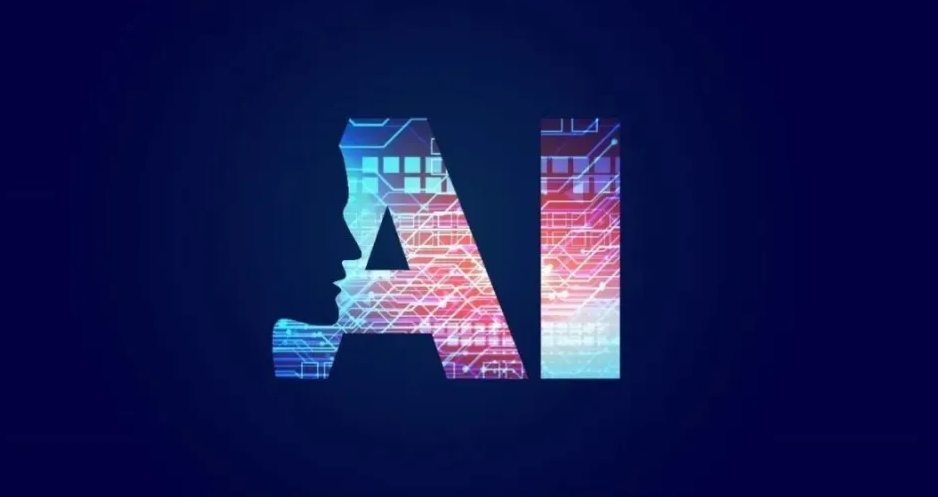After the 2024 U.S. presidential election, false information spread rapidly on the Internet, seriously affecting public opinion. The development of generative artificial intelligence technology, and its ability to generate deepfakes and “hallucinatory” facts, further exacerbates this problem. To address this challenge, Norwegian start-up company Factiverse emerged. The company is committed to using AI technology for real-time fact-checking to help companies reduce risks and improve the credibility of information. The editor of Downcodes will explain Factiveverse and its technical advantages in detail.
In the aftermath of the 2024 U.S. presidential election, the alarming speed of false information spread online has severely affected Americans’ views on candidates as well as on topics such as public health, climate change, and immigration. The development of generative artificial intelligence, combined with its ability to generate deepfakes and its tendency to “hallucinate” facts, may further exacerbate this problem.

Picture source note: The picture is generated by AI, and the picture authorization service provider Midjourney
To address this challenge, the Norwegian startup Factiveverse emerged. The company participated in the TechCrunch Disrupt Battlefield200 competition in October and won Best Presentation in the Security, Privacy and Social Networking categories. Factiveverse has developed a tool for businesses that enables real-time fact-checking of text, video and audio content. The company's goal is to help companies save research time and reduce reputational risk and legal liability.
Founded in 2020, Factiveverse is still in its early stages and has raised approximately $1.45 million. Nonetheless, Factiveverse has already begun working with several media and financial partners, including one of Norway’s largest banks. Maria Amélie, CEO and co-founder of Factiveverse, said that they even provided a real-time fact-checking service for the US presidential debate, which was used by many media outlets.
Amelie emphasized that Factiverse is not a large language model (LLM), but a model built based on information retrieval. As a former technology journalist and published author, Amélie brings extensive fact-finding experience working with co-founder and CTO Veena Sethi. Their AI models are trained on high-quality data from trusted sources and fact-checkers around the world, not the “junk food data” used by generative AI.
The model leverages machine learning and natural language processing technology to identify claims in information in real time and search them across the web, including search engines such as Google and Bing, as well as academic papers. “The most interesting part is that we don’t simply show the first result in the search engine, but suggest the most reliable sources to ensure the content is authoritative,” Amelie said.
Currently, Factiveverse claims to outperform GPT-4, Mistral7-b, and GPT-3 in its ability to identify fact-checking-worthy claims in 114 languages. Amelie mentioned that Factiverse’s success rate is about 80%, and the future goal is to attract more customers globally and improve accuracy.
Amelie finally said: "We have enough funds to be the best, but our goal in the United States is to become the fastest growing company." She also mentioned that Factiveverse plans to conduct a new round of financing in 2025 and looks forward to Attract customers and investors who are willing to invest in trust and credibility.
The emergence of Factiveverse provides a new solution to deal with the proliferation of false information in the information age. Its technical advantages and development prospects are worthy of attention. In the future, we expect Factiveverse to play a greater role on a global scale and contribute to building a more authentic and reliable information environment. The editor of Downcodes will continue to pay attention to its development trends.